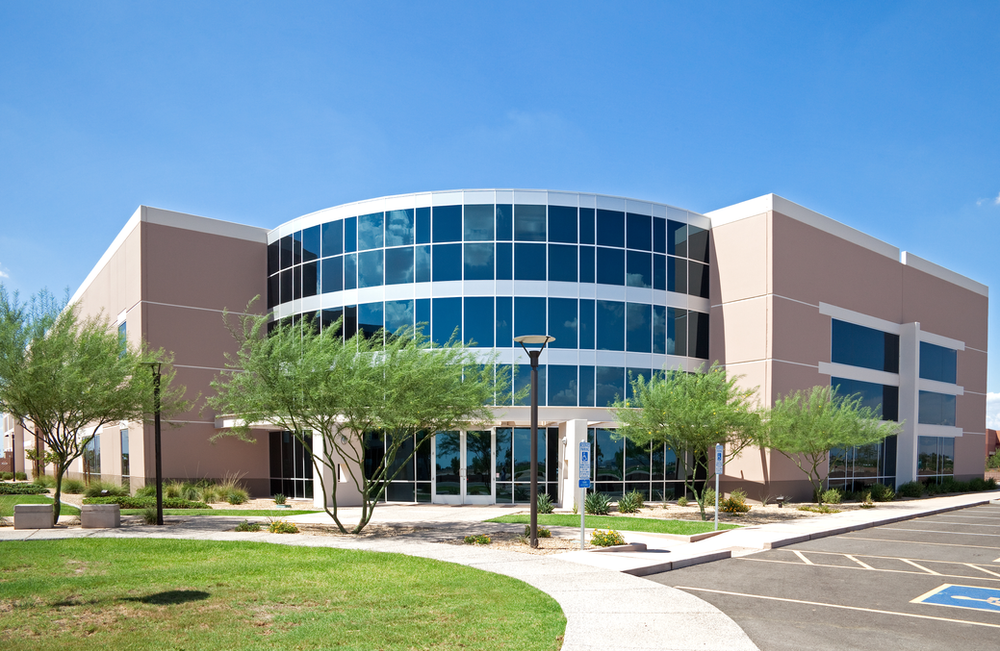(Call or Text)
Headquarted in Massachusetts
Serving Markets Nationally
Top Five Takeaways from the Q3 2024 US CRE Industry Conditions and Sentiment Survey

Key Takeaways
-
Participants in the Q3 2024 survey anticipate interest rates and the cost of capital to continue to decline for commercial real estate, leading to improved financing conditions
-
Capital availability is expected to increase over the next year across both equity and debt capital sources, but bank lenders and mortgage REITs are expected to remain somewhat constrained
-
While some property sector perceptions remain as “overpriced”, many respondents are seeing more fairly priced properties across the major sectors
-
Respondents are increasingly planning to transact in the near-term, driven by the larger institutions, though the smallest institutions intend to be net buyers
-
Property-level (operating) and community-related topics (housing issues) moved up in the ranking of priority issues, though capital considerations remain a top priority
Read more here at the Altus Group.


Learn More About ComCap, Inc
Serving businesses nationwide, including the Worcester, MA and Providence, RI areas. ComCap, Inc specializes in SBA loans, small business loans, and commercial real estate loans. We feature 48-hour initial approvals, 15-day streamlined SBA programs, and full-doc SBA approvals within 30 days. Call us today!
serving area
Worcester, MA
Providence, RI
Serving National Markets As Well
Business Hours
- Mon - Fri
- -
- Sat - Sun
- Closed
Available by phone or text 7 days a week.



Share On: